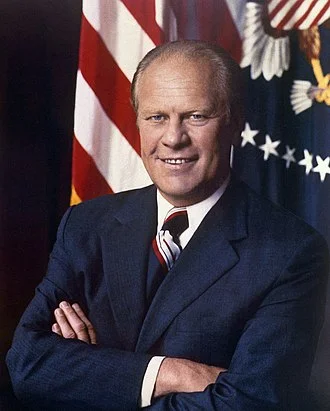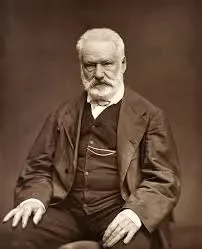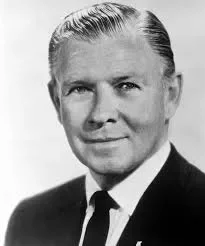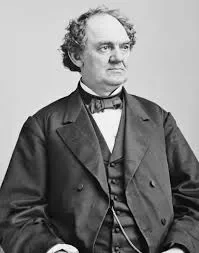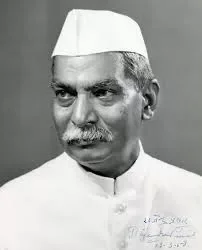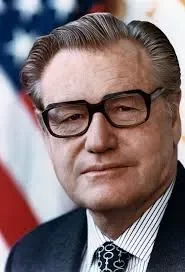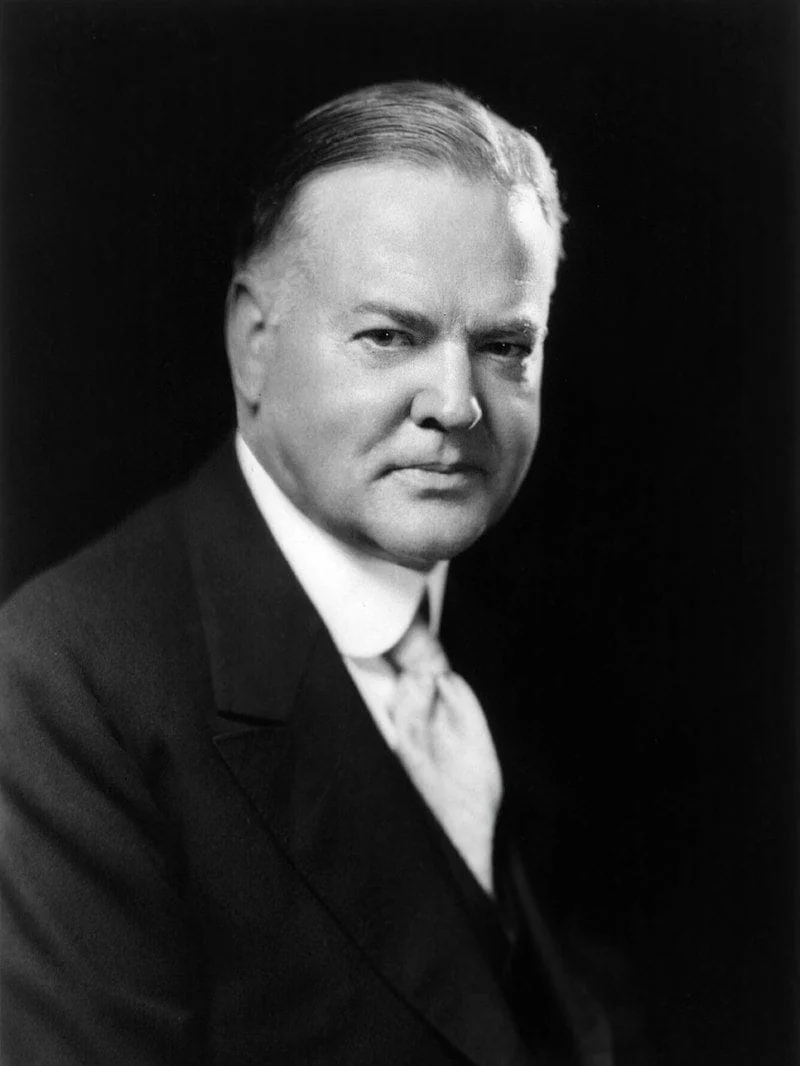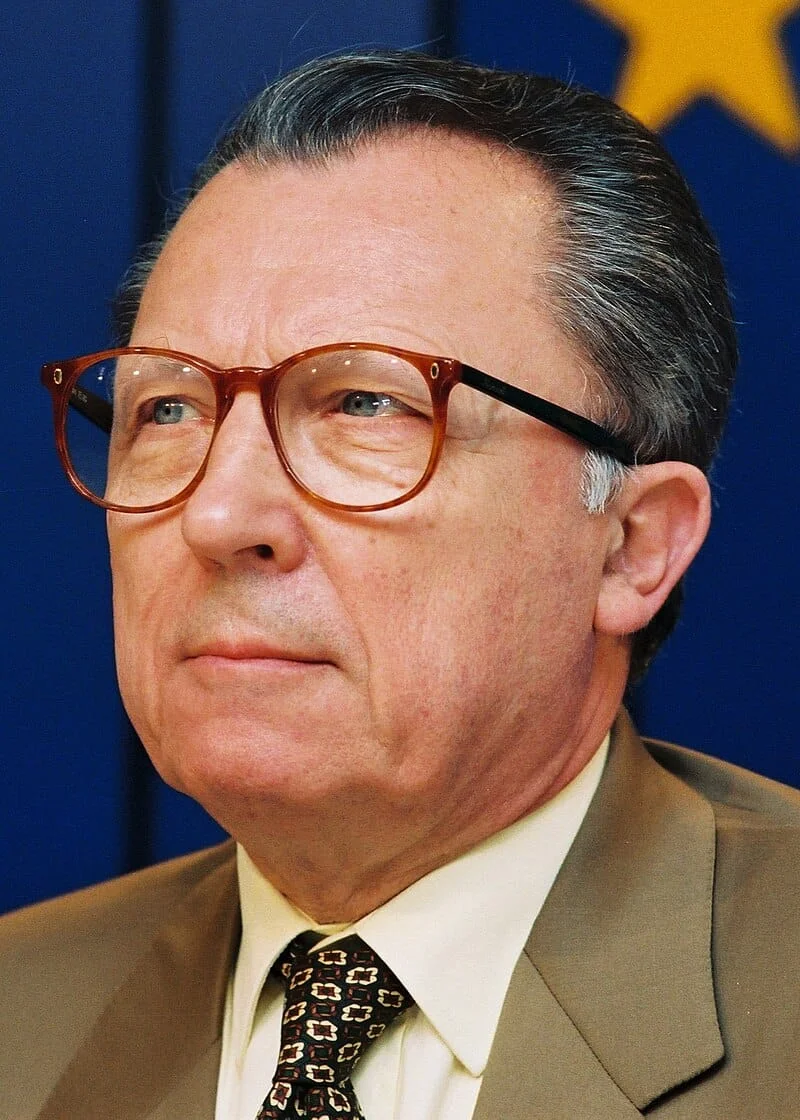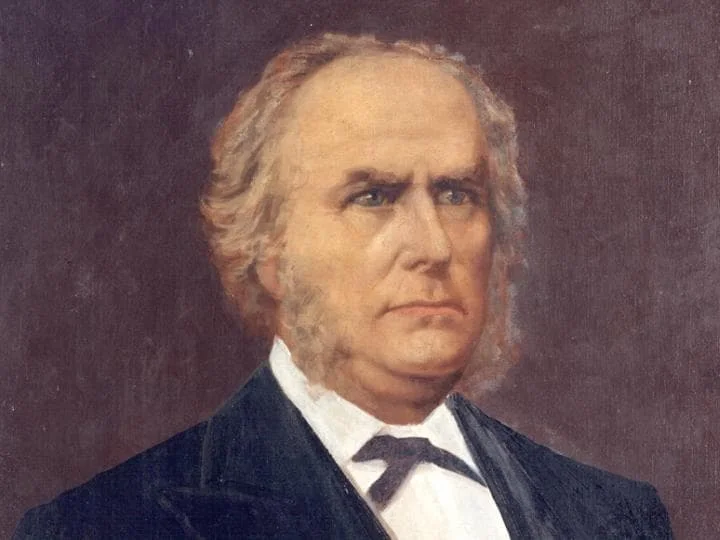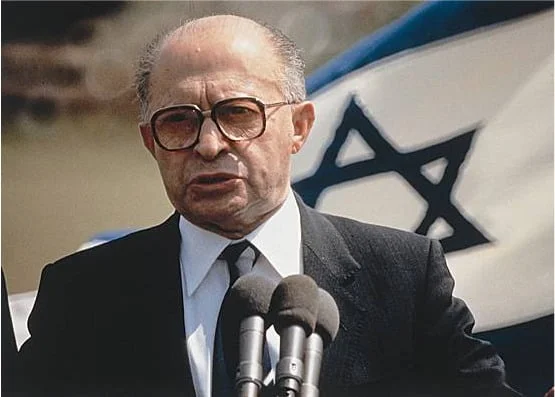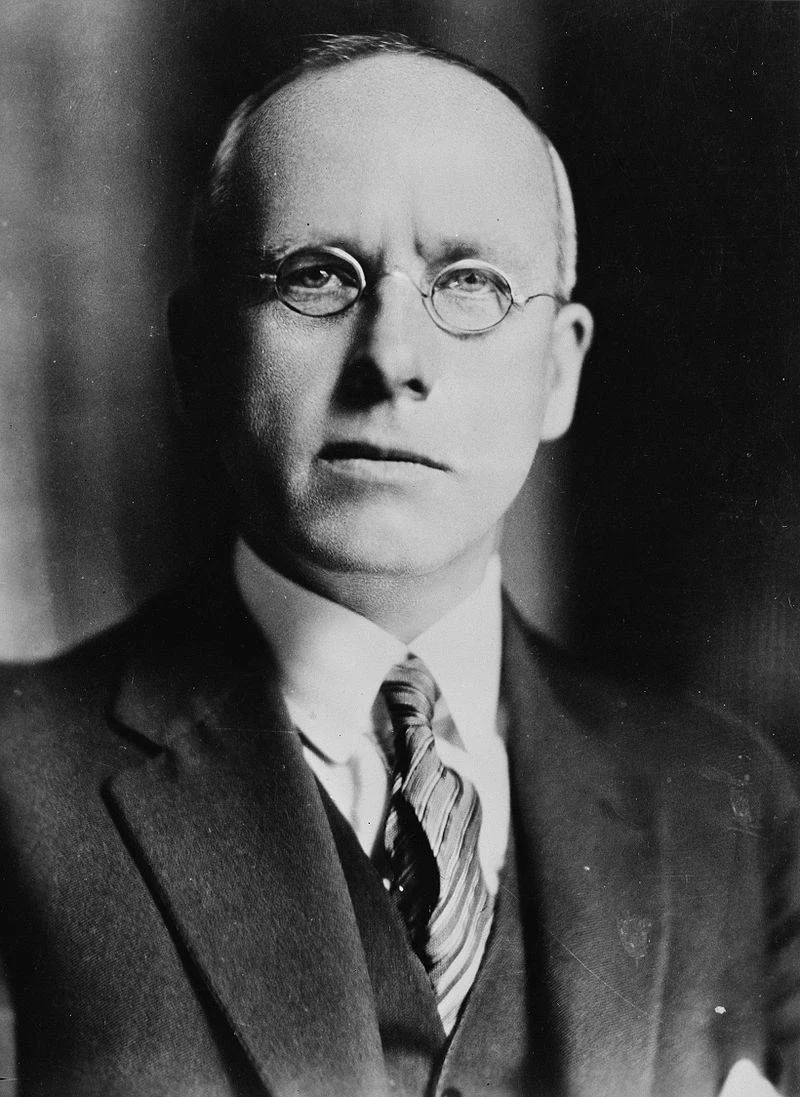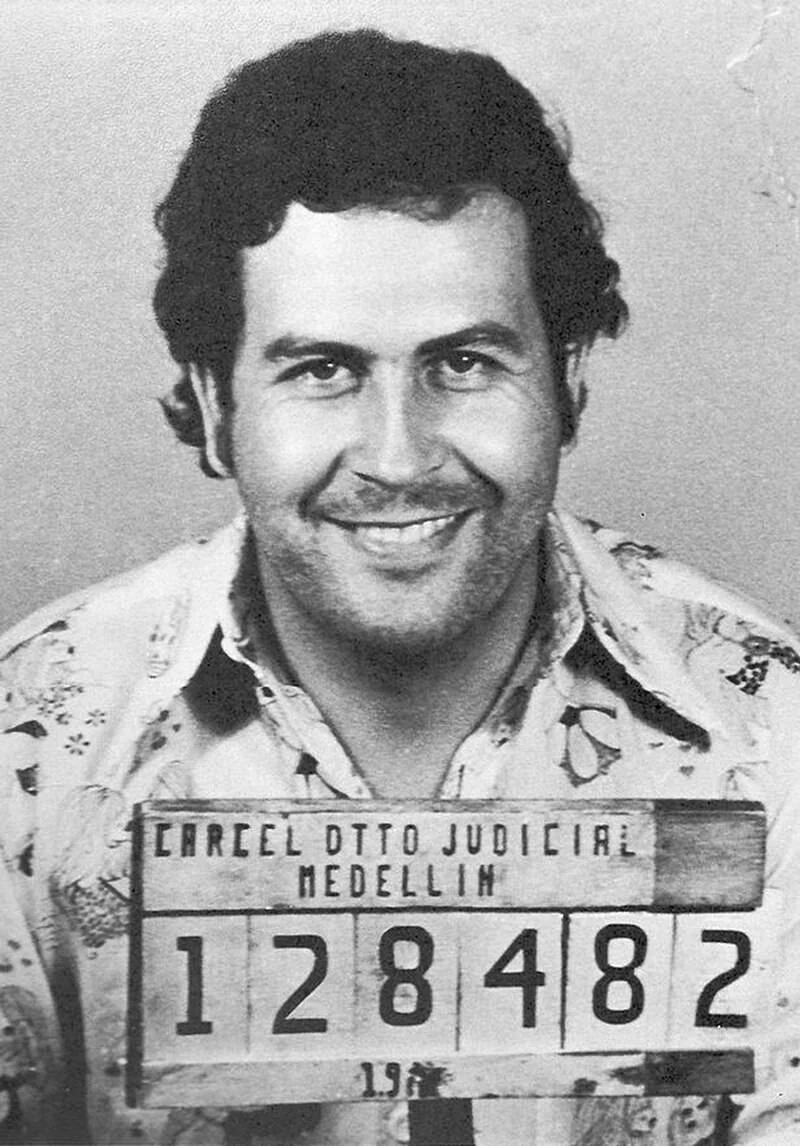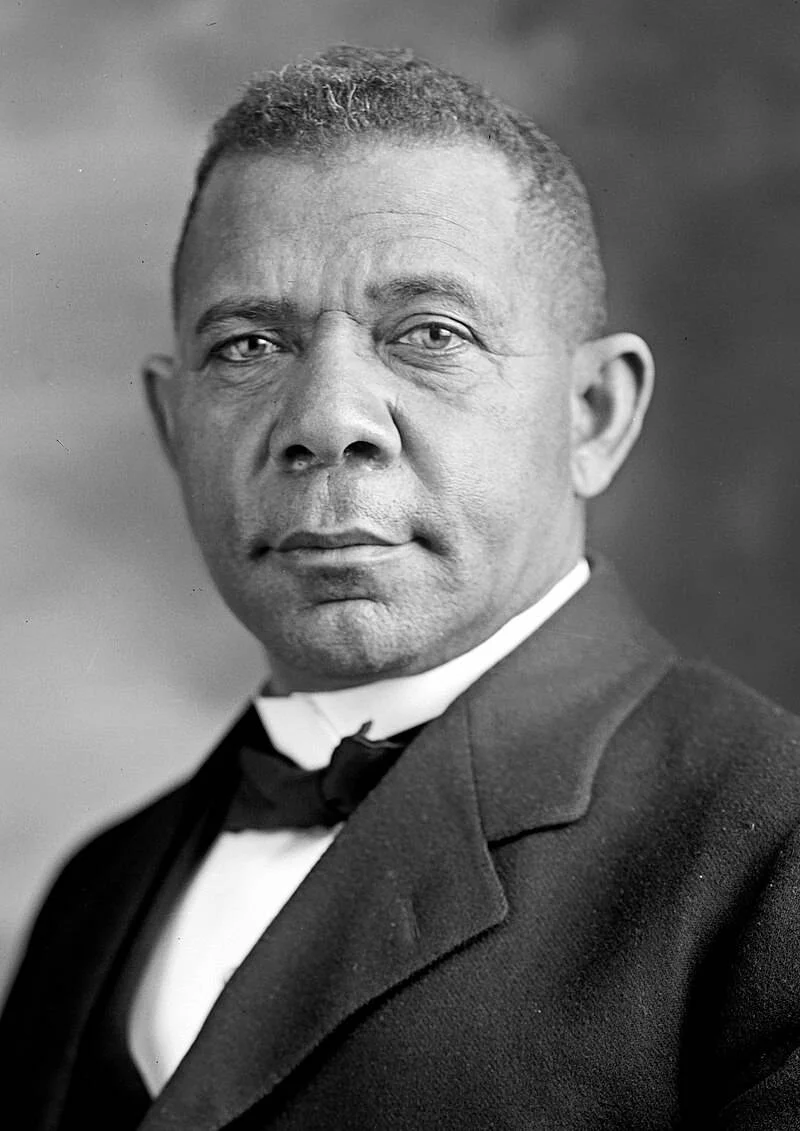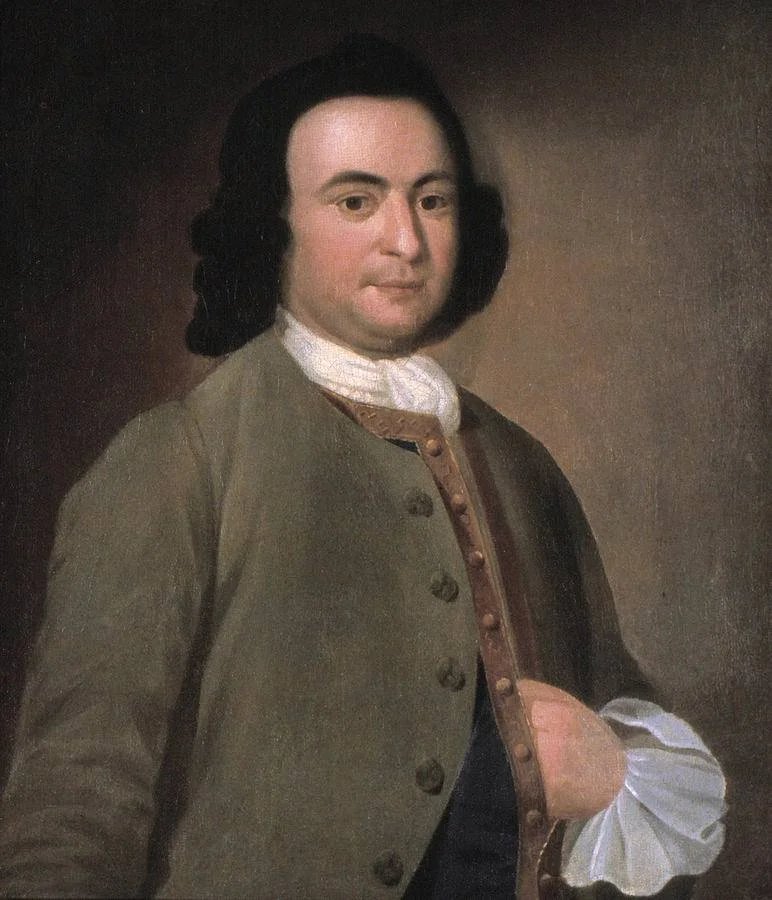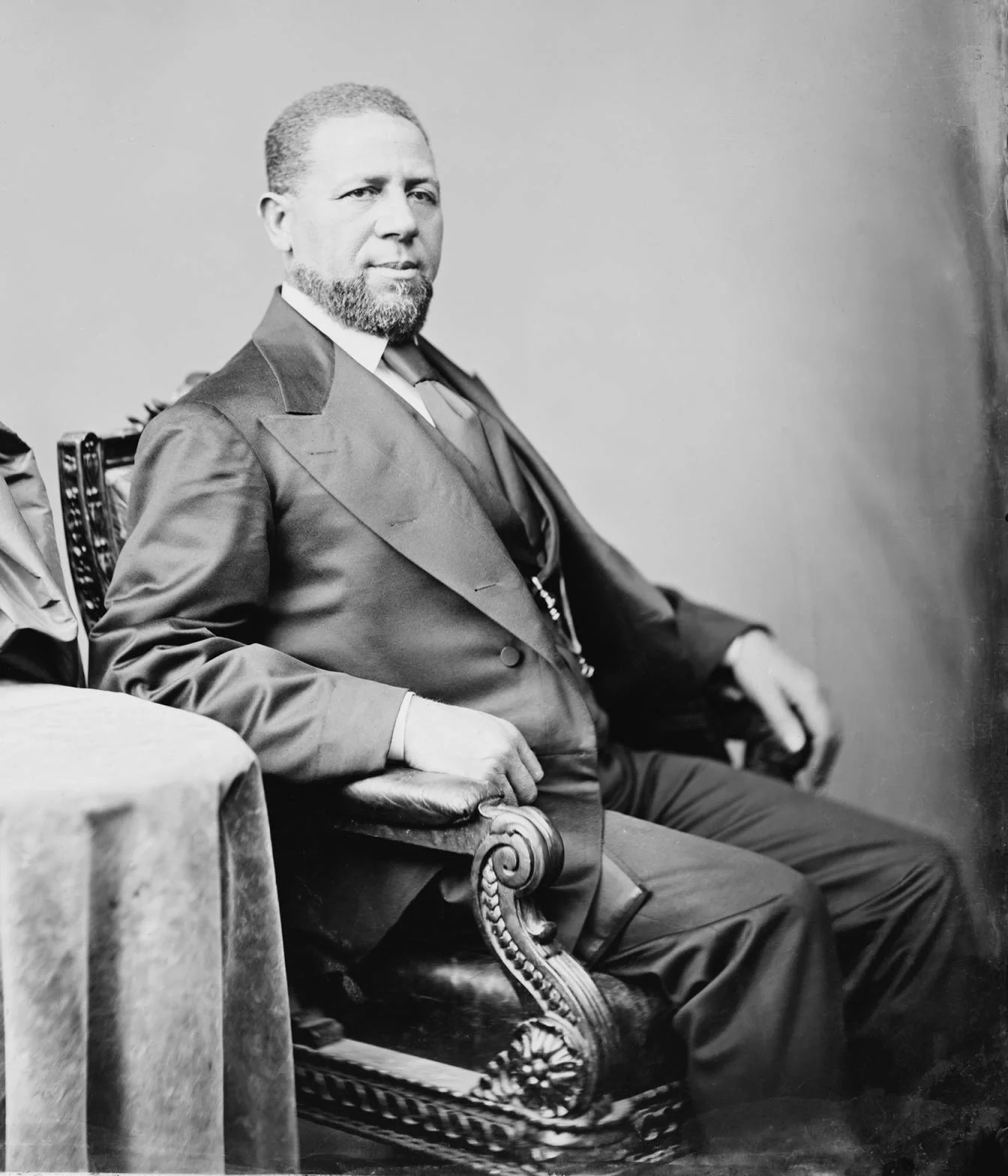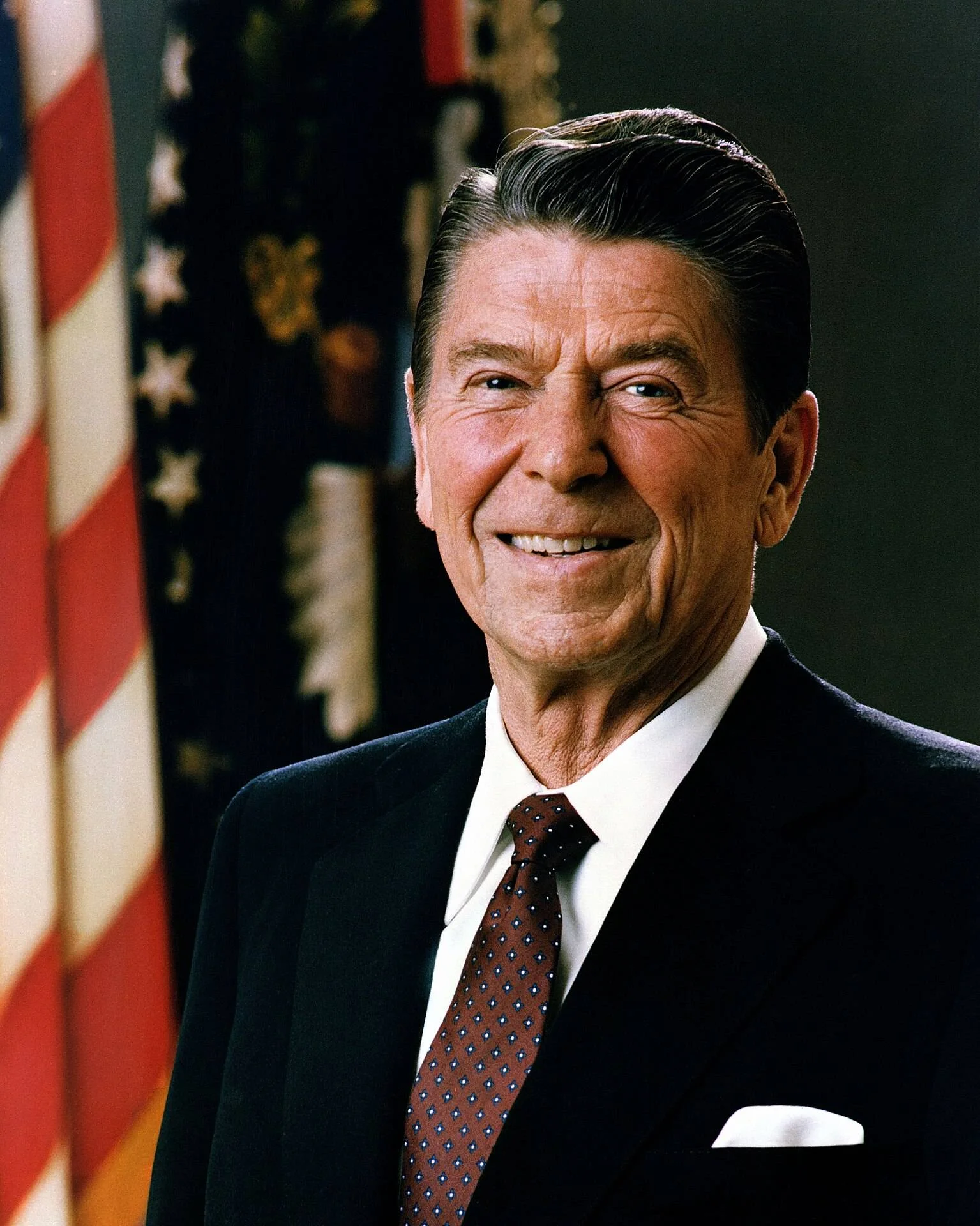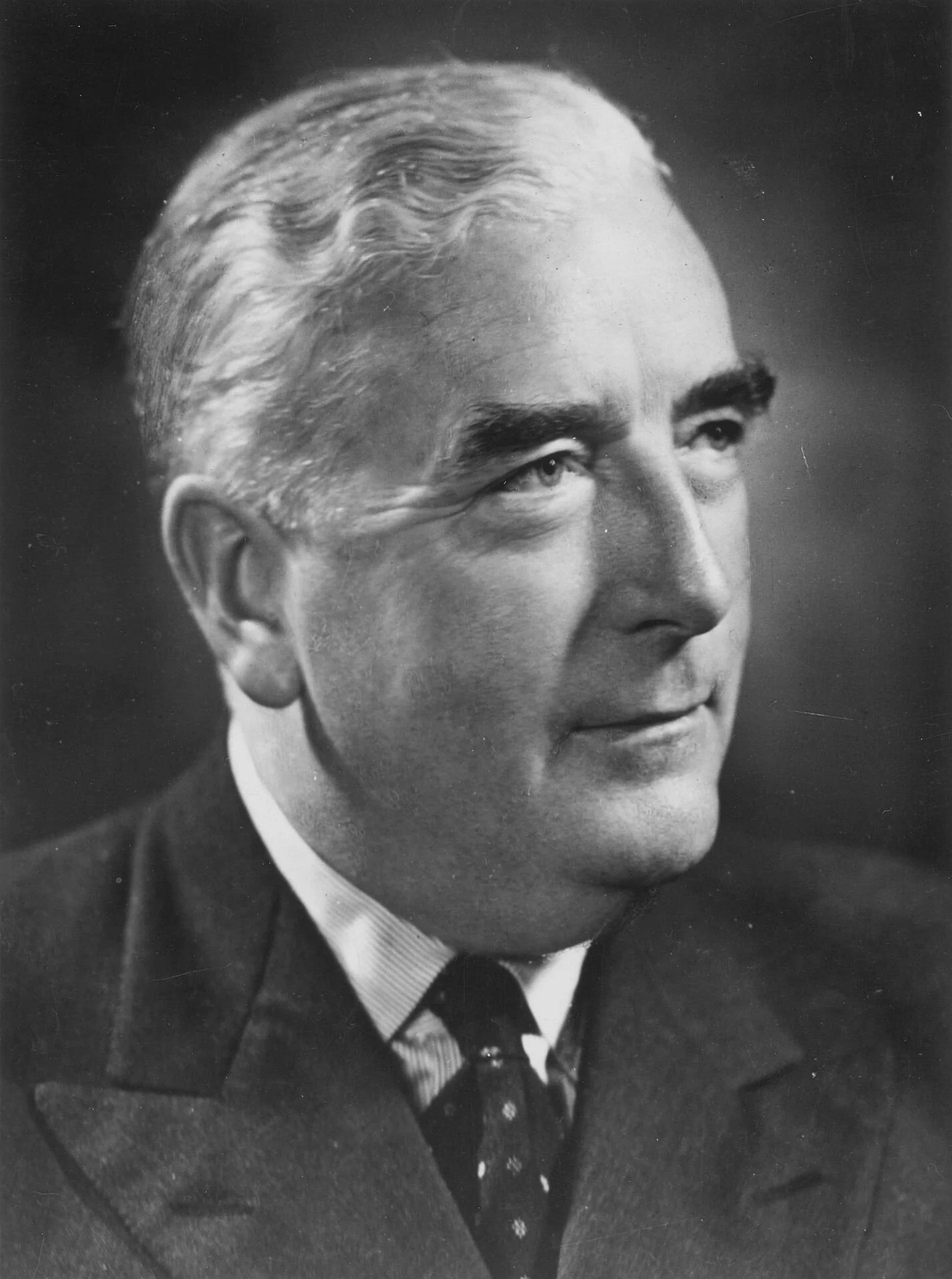Real Celebrities Never Die!
OR
Search For Past Celebrities Whose Birthday You Share
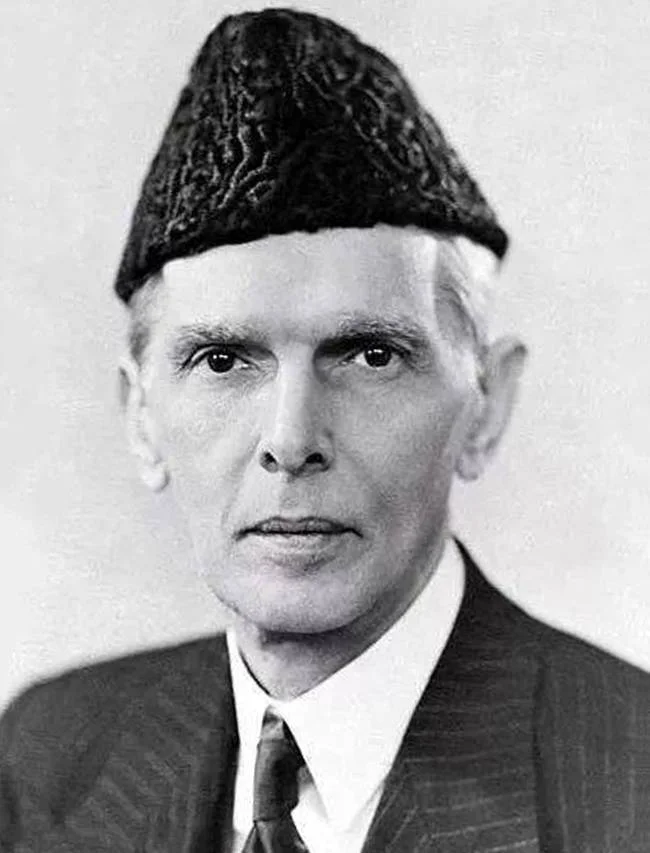
source: wikipedia.org
Muhammad Ali Jinnah
Birthday:
25 Dec, 1876
Date of Death:
11 Sep, 1948
Cause of death:
Pneumonia
Nationality:
Pakistani
Famous As:
Barrister
Age at the time of death:
71
Muhammad Ali Jinnah's Quote's
Introduction and Titles
Muhammad Ali Jinnah, the founder of Pakistan, was not only a barrister and politician but also highly esteemed in Pakistan as the Quaid-i-Azam (“Great Leader”) and Baba-i-Qaum (“Father of the Nation”). His significant contribution to creating a separate state for Indian subcontinent Muslims led to his revered status.
Early Life and Education
Born on December 25, 1876, in Karachi (then part of British India’s Bombay Presidency), Jinnah hailed from a prosperous Gujarati merchant family. Having received his early education in Karachi and Bombay, he pursued law studies at Lincoln’s Inn in England before returning to India in 1896 to establish his legal practice in Bombay.
Political Beginnings
Jinnah embarked on his political career by joining the Indian National Congress (INC) in 1906. At that time, INC held prominence as India’s largest political party. He focused on advocating for Hindu-Muslim unity and constitutional reforms within India. Additionally, he became a member of the All-India Muslim League (AIML), an organization formed to safeguard Muslim rights and interests within India. In 1913, Jinnah assumed leadership of AIML and presented a comprehensive fourteen-point plan aimed at protecting Muslims’ political rights under future self-governance within India.
Disillusionment with the Congress
However, Muhammad Ali Jinnah grew disillusioned with the Congress and its leader Mahatma Gandhi. He disagreed with their policy of non-cooperation and civil disobedience against British rule, fearing it would lead to chaos and violence. Moreover, Jinnah believed that the Congress primarily represented Hindus and failed to adequately represent Muslims. As a result, he resigned from the Congress in 1920 and dedicated himself to the Muslim League.
The Lahore Resolution
Jinnah’s vision of a separate homeland for Indian Muslims became clearer when he delivered his renowned Lahore Resolution in 1940. This resolution called for India to be divided into two independent states: one for Muslims and one for Hindus.
Struggle for Pakistan
Leading the Muslim League in their struggle against both British government authorities and opposition from the Congress (who opposed partition), Jinnah played a significant role in advocating for Pakistan.
Partition and Independence
Subsequently launching a direct action campaign aimed at achieving Pakistan’s creation resulted in widespread communal violence throughout India. The British government decided to end its rule in India and announced its plan to partition India into two dominions: India and Pakistan. Jinnah accepted this plan as a compromise and declared 14 August 1947 as Pakistan’s Independence Day.
Leadership and Legacy
Jinnah became the first Governor-General of Pakistan and worked hard to establish a stable and democratic government for his new country. He passed away in 1948.
Name:
Muhammad Ali Jinnah
Popular Name:
Muhammad Ali Jinnah
Gender:
Male
Cause of Death:
Pneumonia
Spouse:
Place of Birth:
Karachi, Bombay Presidency, British India
Place of Death:
Karachi, Federal Capital Territory, Pakistan
Occupation / Profession:
Personality Type
Architect: Muhammad Ali Jinnah exhibited strong leadership qualities making him a very hard individual to deal with.
He is referred to as the founder of Pakistan.
He was a successful lawyer and the only Muslim barrister in Bombay City.
He was not fluent in his mother tongue which was Gujarati.
He was the first governor-general of Pakistan.

